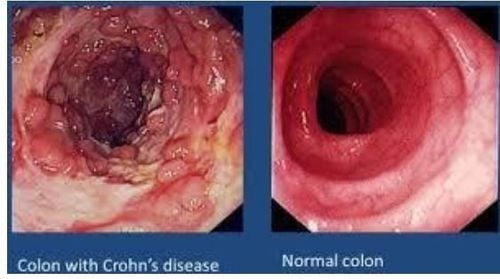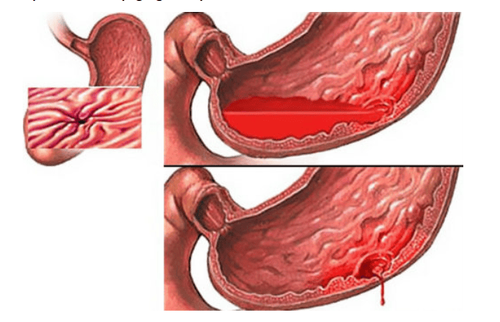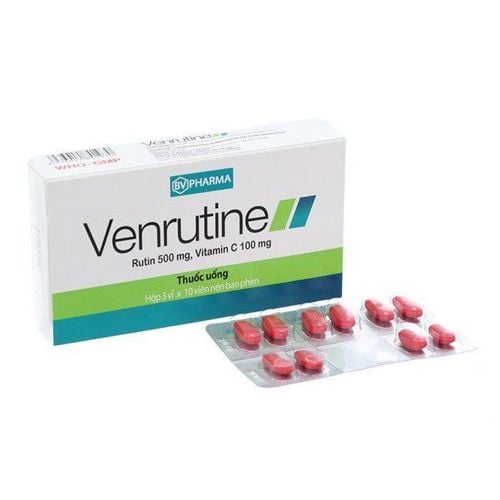This is an automatically translated article.
Article written by MSc Mai Vien Phuong - Department of Medical Examination & Internal Medicine, Vinmec Central Park International General Hospital
In patients with milder Crohn's disease, current guidelines recommend close monitoring while treating symptoms. This includes making dietary changes and using anti-diarrheal medications to help control diarrhea associated with Crohn's disease.
1. Anti-diarrheal drugs
1.1 Loperamide
Loperamide is one of the well-known anti-diarrheal drugs. It slows down digestion in your intestines, this allows food to stay in your system for a longer time helping your body absorb the food you eat better and reducing the number of bowel movements per day. .
Loperamide is an oral medication that is usually only taken after an episode of diarrhea. When diarrhea occurs frequently, your doctor may prescribe this medication on a regular basis. In this case, the medicine will need to be taken at least once daily.
Popular over-the-counter (OTC) versions of this drug include Imodium and Diamond. Possible side effects include dry mouth, drowsiness, and constipation.
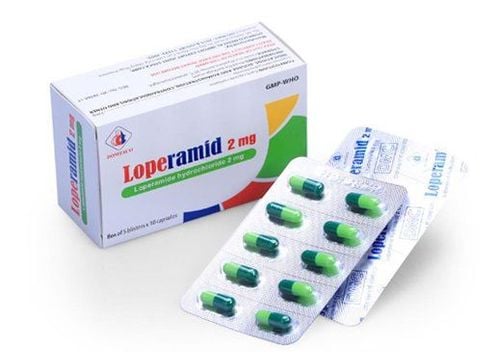
1.2 Diphenoxylate
Diphenoxylate is similar to loperamide. It slows down your bowel movements to reduce the frequency of diarrhea. Diphenoxylate is an oral medication that can be taken up to four times per day.
In the United States, diphenoxylate is available by prescription only and is taken in combination with a medicine called atropine. Because it can be addictive, your doctor will likely prescribe diphenoxylate as a short-term treatment. Symptoms usually improve within two days of starting the medication. Brand names of drugs that use diphenoxylate include Locomot and Lomotil.
Side effects of diphenoxylate include dry mouth, bloating, and constipation.
1.3. Cholestyramine
Cholestyramine helps prevent diarrhea in people with Crohn's disease by normalizing the amount of bile acids in the body. It is usually prescribed if you have had part of your small intestine removed in a surgical procedure called an ileostomy.
The medicine comes in powder form, which you can mix with drinks or certain foods and drink. In most cases, it needs to be taken two to four times per day. The most commonly prescribed cholestyramine medications include Prevalite and Questran.
People taking these medicines may experience constipation.
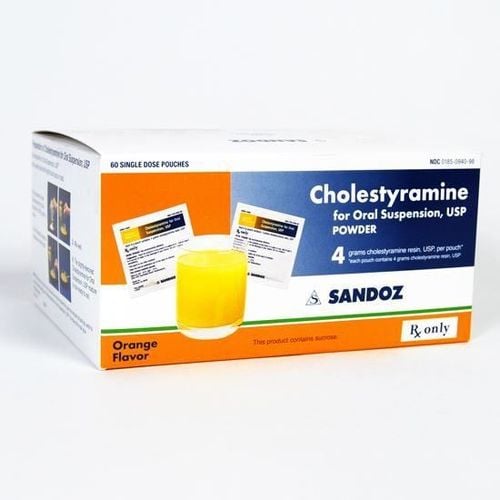
1.4. Codeine sulfate
Codeine is often prescribed for pain relief. When you take it in the form of codeine sulfate tablets, it can help prevent diarrhea. Codeine sulfate can be too addictive for daily use, so it is often prescribed for short-term use in more severe cases of diarrhea.
Some people with Crohn's disease get pain relief from Tylenol with codeine. This prescription medication is available in both tablet and liquid form. Possible side effects of both codeine sulfate and Tylenol with codeine include drowsiness, dry mouth, and constipation.
1.5. Pepto-Bismol
An over-the-counter remedy that has been popular for decades, Pepto-Bismol is an antacid that is also an anti-inflammatory. It contains an active ingredient called bismuth subsalicylate, which coats irritated tissues in the stomach and intestines. This helps reduce inflammation and irritation.
Pepto-Bismol comes in liquid, chewable and oral tablet form. While Pepto-Bismol is very effective for temporary cases of diarrhea, you may need something stronger if you have chronic diarrhea.
Pepto-Bismol side effects include temporary darkening of the tongue and constipation. Children under 12 years of age should not take Pepto-Bismol due to possible association with Reye's syndrome.
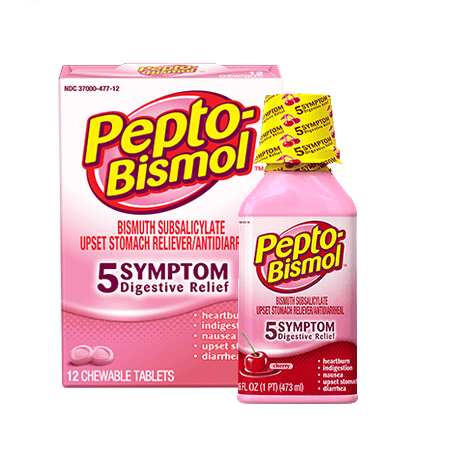
2. Natural remedies for diarrhea
There are also natural remedies that can help reduce diarrhea associated with Crohn's disease. These treatments - available to buy at grocery stores, health food stores, or online - include:
Charcoal Blackberry tea Cayenne ginger tea in capsule form During bowel movements flowing, it is very important to drink more water. Diarrhea can cause dehydration, which can become a serious medical condition if not treated properly. Drinking plenty of water will help ensure that you stay hydrated.
Doctors recommend adding a teaspoon of salt and sugar to a quart of water. This will help replenish the glucose and electrolytes lost due to diarrhea.
As with any treatment, you should only choose medications or home remedies under the supervision of your doctor. Your doctor will likely want to monitor your progress as you begin treatment for Crohn's disease symptoms to make sure the treatment doesn't adversely affect your condition.
Please dial HOTLINE for more information or register for an appointment HERE. Download MyVinmec app to make appointments faster and to manage your bookings easily.
References:
Codeine information. (2015). fda.gov/Drugs/DrugSafety/PostmarketDrugSafetyInformationforPatientsandProviders/ucm118108.htm Diphenoxylate hydrochloride and atropine sulfate. (2016). dailymed.nlm.nih.gov/dailymed/drugInfo.cfm?setid=88ed4ccf-9e35-4142-a5eb-d2b5edd36956 Mayo Clinic Staff. (2018). Crohn's disease: Treatments and drugs. mayoclinic.org/diseases-conditions/crohns-disease/basics/treatment/con-20032061 Mayo Clinic Staff. (2016). Diarrhea: Lifestyle and home remedies. mayoclinic.org/diseases-conditions/diarrhea/basics/lifestyle-home-remedies/con-20014025 Pepto-Bismol: FAQs. (n.d.). pepto-bismol.com/en-us/faqs





